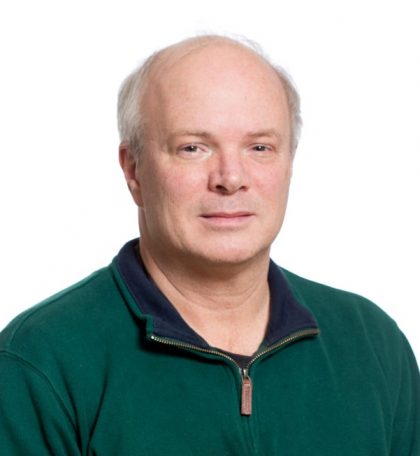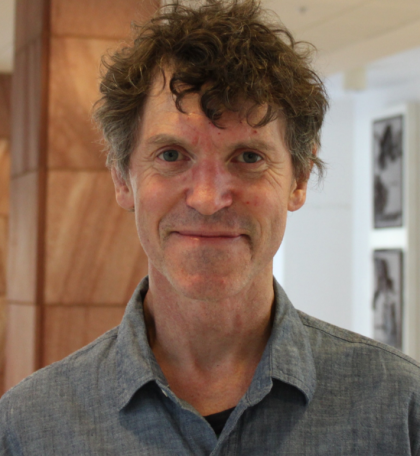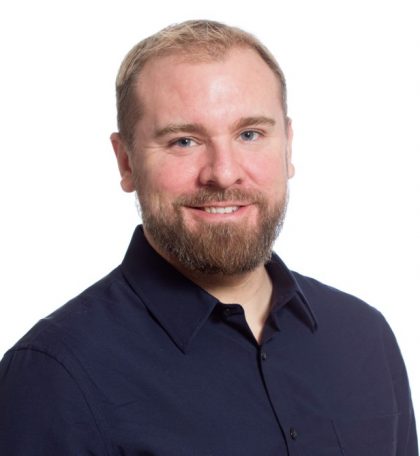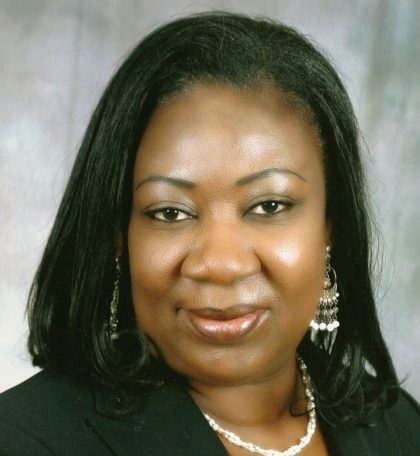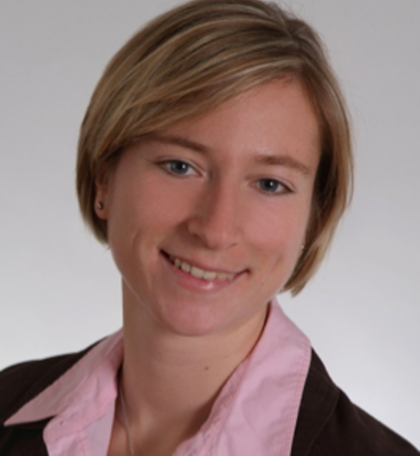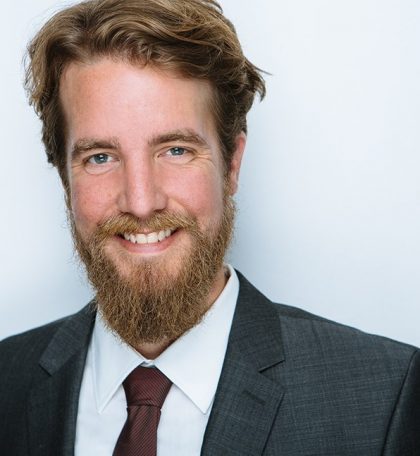Regional cooperation for innovative bioeconomy pathways to promote health and well-being
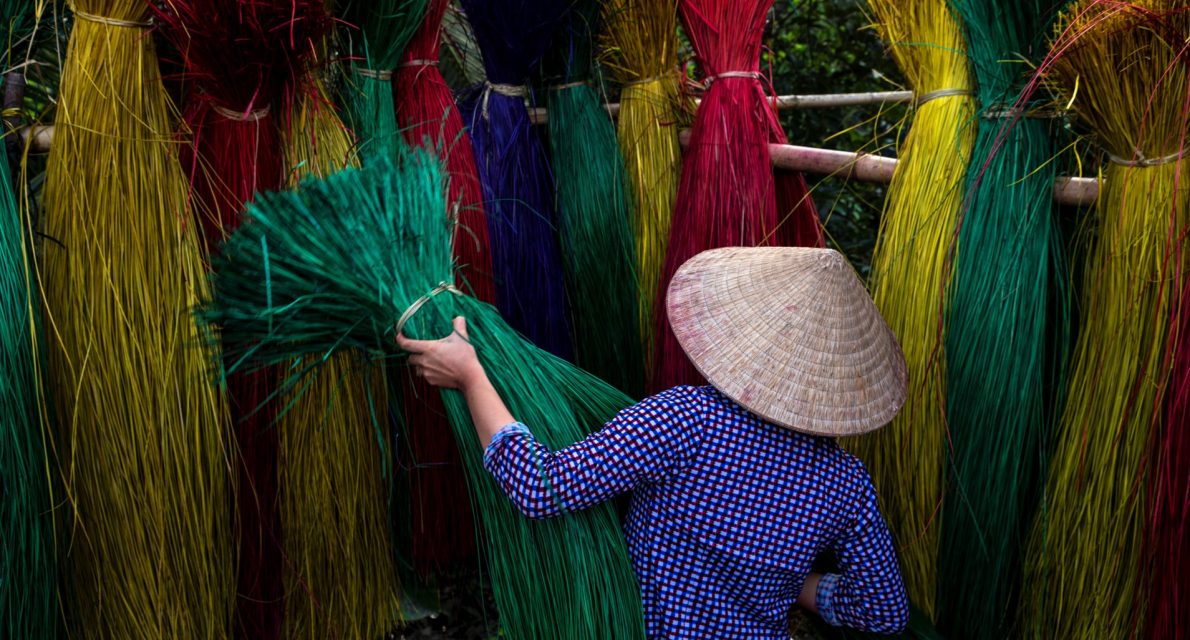
Contents
Output
Workshop Recording
You can also find the recording of the second part and of all the breakout groups of this workshop here.
Workshop Summary
Organizers
Stockholm Environment Institute
Applied Biotech, Nigeria/USA
University of Bonn, Germany
Science Center Jülich, Germany
Chairs
Thematic focus
There are now many bioeconomy strategies at national level as well as many different initiatives at local or sub-national levels. Regional strategies and cooperation are also underway, such as in the European Union or Eastern Africa. The focus has tended towards bioresource and bio-based product development efforts that can bring new value-added and stimulate innovation.
The ongoing global pandemic has highlighted the need to also re-focus efforts on health and well-being, including not only direct impacts but also disruptions in global supply chains, infrastructure, and social networks.
Future bioeconomy pathways need to acknowledge the importance of such issues. In this workshop, we aim to engage participants in a dialogue that adopts a broad perspective on how regional bioeconomy cooperation can promote health, well-being, and resilience, drawing lessons from both sub-themes and regions.
Format
The workshop is designed across two two-hour sessions so as to also facilitate participation from different regions according to their time zones. A broad perspective in thematic terms can be obtained by drawing on holistic frameworks such as OneHealth, EcoHealth, and Planetary Health.
Key thematic components identified by participants will be discussed in regional breakout groups in order to differentiate priorities based on the wide variation in the bioresource base, development aims, and institutional capacities in different regions.
Format for breakout discussions: an online variation of World Café.
Agenda
All times refer to CET. Current time:
Part 1 (November 16, 4-6 p.m., CET)
16:00 – 16:20: Opening plenary session and brief introduction to thematic sessions
Plenary Speaker: Sir Andrew Haines, London School of Hygiene and Tropical Medicine
16:20 – 17:00: Three parallel thematic working group sessions
Working group sessions topics (each participant will have to choose which working group she or he wants to attend):
T1: Bioresources and bio-industries
T2: Bioeconomy for health and well-being
T3: Transnational Innovation System
(You find details on each working group below.)
17:00 – 17:10: Plenary – brief introduction to regional sessions
17:10 – 17:50: Three parallel regional working group sessions
R1: EU and OECD/North America
R2: Latin America
R3: Africa (and multi-regional)
17:50 – 18:00: Brief reporting and wrap-up
Part 2 (November 18, 8-10 a.m., CET)
08:00 – 08:10: Plenary – brief introduction to thematic sessions
08:10 – 08:50: Three parallel thematic working group sessions
Working group sessions topics (each participant will have to choose which working group she or he wants to attend):
S1: Bioresources and bio-industries
S2: Bioeconomy for health and well-being
S3: Transnational Innovation System
(You find details on each working group below.)
08:50 – 09:00: Plenary – brief introduction to regional sessions
09:00 – 09:40: Three parallel regional working group sessions
R4: Africa (and multi-regional)
R5: Asia
R6: EU and OECD/Oceania
09:40 – 10:00: Closing Plenary – brief report and wrap-up
Parallel working groups
The sessions are moderated by a representative (working group leader) of the overall workshop organizers and will have a dedicated rapporteur.
Thematic working groups
Chairs, moderators and rapporteurs:
Nwadiuto Esiobu, Applied Biotech (Nigeria/USA)
Ivar Virgin, Stockholm Environment Institute
Charles Adetunji, Applied Biotech, Nigeria
Speakers and Discussants:
John Cumbres, SynBioBeta, USA
Florence Goren, Betalabservices, USA
Jimmy Adegoke, African Dev. Bank/University of Missouri, USA
Bamidele Solomon, National Biotech Dev. Agency/OAU Biotech Center, Nigeria
Kassahun Tasfaye, DG Ethiopian Biotech Institute, Ethiopia
Short description of the sessions contents:
The focus here is on the cross-cutting importance of new bioresources and bio-industries and the role of governments and policy makers in promoting bio-based products and processes, and particularly to identify how regional cooperation could support the sustainable development of bio-based enterprises.
Chairs, moderators and rapporteurs:
Francis X. Johnson, Stockholm Environment Institute
Nella Canales, Stockholm Environment Institute
Lina Gutierrez, Stockholm Environment Institute
Martina Walaan, Stockholm Environment Institute
Speakers and Discussants:
Jagdish Krishnaswamy, Ashoka Trust for Research in Ecology and the Environment, India
Liesbeth de Schutter, Vienna University of Economics & Business (WU
Tatien Masharabu, University of Burundi
Short description of the sessions contents:
In a modern health bioeconomy, biological resources and biodiversity could offer a platform for locally-produced drugs and health treatments, so that biodiversity is exploited sustainably with local benefits. Regional efforts could aim to link local entrepreneurship and/or traditional knowledge to modern biosciences for health and well-being.
Chairs, moderators and rapporteurs:
Sascha Stark, University of Bonn, Germany
Sandra Venghaus, Science Center Jülich, Germany
Stefan Bößner, Stockholm Environment Institute
Speakers and Discussants:
Frans Hermans, Germany
Christian Klar, FZ Jülich, Germany
Stine Haakonsson, Copenhagen Business School, Denmark
Xenia Schneider, Xpro Consulting, Cyprus
Stefanie Bröring, University of Bonn, Germany
Salvatore Martire, Climate KIC, Italy
Short description of the sessions contents:
Cooperation of bioeconomy actors across national borders may complement national and local cooperation and help to stimulate innovation through learning about best practices, technology transfer mechanisms or through taking advantage of comparative advantages in different countries. Transnational cooperation networks can facilitate improved knowledge sharing, methodological comparisons, and identification of new options for value chains.
Regional working groups
The regional break-out groups will allow for detailed discussions on priorities in particular sub-regions in line with the discussions arising in the thematic break-out groups. The regions are necessarily broad or continental in most cases, for the purpose of being inclusive, and due to the limitations of time and expertise across regions. However, the composition of break-outs will be finalised after initial registrations are received, in order to adapt if needed to balance participants and/or facilitate more detailed regional focus.
Chairs, Moderators and rapporteurs:
Sascha Stark, University of Bonn, Germany
Sandra Venghaus, Science Centre Jülich, Germany
Stefan Bößner, Stockholm Environment Institute
Speakers and Discussants:
Elspeth MacRae, Scion, New Zealand
Stefanie Bröring, University of Bonn, Germany
Salvatore Martire, Climate KIC, Italy
Short description of the sessions contents:
Driven by recent political decisions such as the European Green Deal, bioeconomy will be a key part of structural change processes, with far-reaching consequences for existing value chains, business models, resource systems and governance approaches, and affects various policy areas. Workshop participants will thus discuss the challenges and opportunities that come along with regional transformation dynamics under the mutual umbrella of the European Bioeconomy Strategy.
Although OECD is not a contiguous region or a fully integrated bloc, there are a variety of valuable collaboration platforms and technology implementation issues across the members. The U.S. and Canada have been important drivers of biofuels markets. Synthetic biology and emerging technologies such as microbiomes in agriculture and industry are of common interest. Australia and New Zealand are key players with significant investments in agriculture, industry, livestock, and bio-based products that could offer a variety of new resource and technology platforms.
Chairs, Moderators and rapporteurs:
Nella Canales, Stockholm Environment Institute
Mónica Trujillo, Stockholm Environment Institute
Holger Hoff, Stockholm Environment Institute
Speakers and Discussants:
Guy Henry, CIRAD, Colombia
Danielle Torres, Embrapa, Brazil
Cristian Rivero, GGGI, Colombia
Short description of the sessions contents:
Six of the world’s seventeen megadiverse countries in the world are in the Latin America region, posing both great opportunities and risks. International and intraregional technical and financial cooperation has been highlighted as important for balancing equity and effectiveness in the development of the bioeconomy in the Latin America and Caribbean region. The bioeconomy could support underdeveloped regions, with a variety of benefits for rural populations.
Chairs, Moderators and rapporteurs:
Nwadiuto Esiobu, Applied Biotech (Nigeria/USA)
Ivar Virgin, Stockholm Environment Institute
Charles Adetunji, Applied Biotech, Nigeria
Speakers and Discussants:
John Cumbres, SynBioBeta, USA
Florence Goren, Betalabservices, USA
Jimmy Adegoke, African Dev. Bank/University of Missouri, USA
Bamidele Solomon, National Biotech Dev. Agency/OAU Biotech Center, Nigeria
Ken Ife, Fed Ministry of Budgeting, Nigeria
Clara Lumori, University of Juba, South Sudan
Kassahun Tasfaye, DG Ethiopian Biotech Institute, Ethiopia
Short description of the sessions contents:
Endowed with vast biodiversity and arable land relative to its population, Africa’s biophysical capacity coupled with a youthful population suggests that the bioeconomy could be a major engine for growth and sustainable development. Participants will consider the key drivers and mechanisms for a multifaceted development agenda that utilizes indigenous knowledge and bioresources.
Chairs, Moderators and rapporteurs:
Pipat Weerathaworn, Thai Bioplastics Industry Association, Thailand
May Thazin Aung, Stockholm Environment Institute
Francis X. Johnson, Stockholm Environment Institute
Speakers and Discussants:
Pipat Weerathaworn, Thai Bioplastics Industry Association, Thailand
Wahida Maghraby, Agriculture Attache, Embassy of Indonesia, Belgium
Short description of the sessions contents:
China and India are major centres of biotechnology development with public and private investment in biomedical innovation and agricultural bioprocesses for food, feed, fibre and fuel. The bioeconomy in Southeast Asia with Thailand and Indonesia as major players is becoming an area of strategic focus, with social aspects increasingly viewed alongside technology. Civil society organisations promote a community-driven bioeconomy that emphasize well-being over growth.

